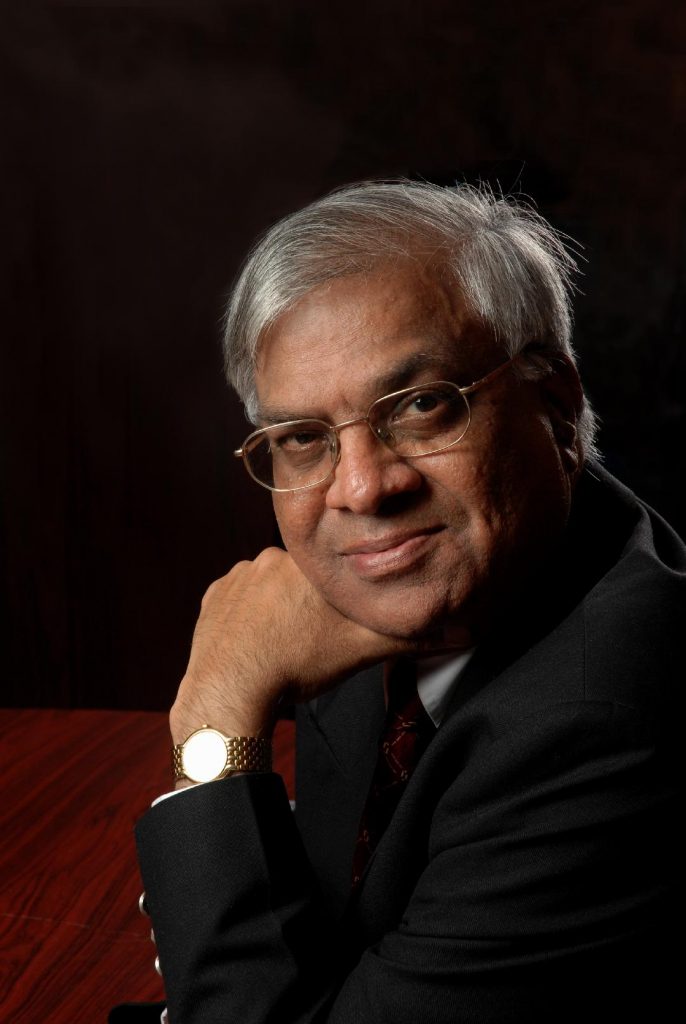If J R D Tata’s maiden flight on 15 October 1932 heralded the birth of Indian civil aviation and Air India, his unceremonious exit in 1978 from the Chairmanship of Air India signified the commencement of the airline’s descent. Since then all the government’s men, appointed to helm the airline, haven’t been able to put the airline on track. Air India thus provides an ideal example of how much difference the absence of just one individual can make to a corporate entity.
With fortunes on the descent since 1978, competition on the ascent particularly since the early 1990s, Air India has gradually become a pale shadow of the iconic status it once enjoyed. Even though Air India is not currently reckoned as good an airline as it ought to have been, it is also true that it is not as bad an airline as it is often made out to be.
As only a few amongst the younger generation are aware of the gold standard service Air India offered and the premium it commanded globally in the 1950s – 1970s period there is little appreciation of the constraints under which the airline has had to function in recent decades. The government’s 100% ownership has only made matters worse for the airline.
Ironically, even as the government realised that political and bureaucratic meddling in managing Air India had been the prime cause of its not-up-to-the-mark performance, government interference has steadily increased over the last two decades.
While executives from within Air India and those drafted from thr corporate world helmed the airline in earlier years, only bureaucrats with no experience of the aviation sector, except having worked in the civil aviation ministry, have been appointed to the top job giving a distinct impression that the government in all its wisdom believes that domain skill and competence are not prerequisites for airline management.
The only applaudable decision that the government has taken in recent years for Air India is to disinvest all of its equity, albeit a trifle too late. After a couple of failed attempts, the disinvestment process has now reached the concluding stage with two financial bids having been submitted on 15 September 2021 by the Tatas, the original owner of Air India prior to its nationalisation in 1953, and the owner of SpiceJet, Ajay Singh.
As one who has been closely involved with the airline, I am often asked: who of the two bidders can ensure a better future for Air India? My response since the launch of the first disinvestment exercise in 2000, has been Tatas. When my views were sought by a business TV channel in 2014 on the Tata- Singapore Airlines proposal to start a new airline, my view was; deny permission to start a new airline but instead return Air India to Tatas. (See report). Looking at the current state of aircraft in its fleet and other liabilities only a corporate house with deep pockets can ensure a sustainable future, and Tatas have both, besides the passion for aviation and the emotional connect with Air India.
Having reached the concluding stage of the long and tedious disinvestment process, is it a safe bet to affirm with certainty that Air India will get a new owner before the end of calendar year 2021 or fiscal 2021-22? Not really? In our current eco-system and political climate, where opposition parties just do not endorse any government policy or decision, even if it is in national interest, a huge controversy can be expected once details of financial bids are put in the public domain. Accusation that the government is selling cheap benefitting the bidder are bound to emerge, irrespective of how good the offered financial package may be.
Air India has seen huge value erosion since the first disinvestment exercise two decades ago. Longer the delay, greater the value erosion.The airline stands marginalised with a market share gradually shrinking, a mere 12-13% in the domestic sector and 17% of the international market share, which is expected to drop further as other airlines expand aircraft fleet and Air India is unable to do so for want of funds. A government owned company cannot survive a competitive environment because of its inherent weaknesses. A former managing director of Air India once commented that the CEO is able to devote only 50% of his time in managing the airline as the remaining time is taken up by meetings with the ministers, bureaucrats, parliamentary committees and answering questions raised by the parliamentarians, who often consider themselves as owners of the airline.
It makes enormous sense for Air India to be disinvested, for it to emerge as a resurgent airline to dominate the Indian and global skies in its new avatar. As J R D Tata demonstrated capable and visionary leadership is a pre requisite for exemplary performance, which is a peculiar challenge under government ownership..The disinvestment of Air India must be taken to its logical end, even if the government, prima facie, does not get the quantum of money it expects, it is certainly a win for the airline and the taxpayer, who wouldn’t have to fund it any more.


